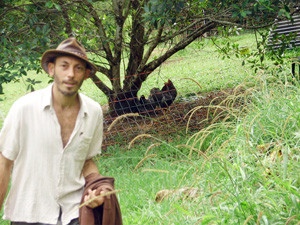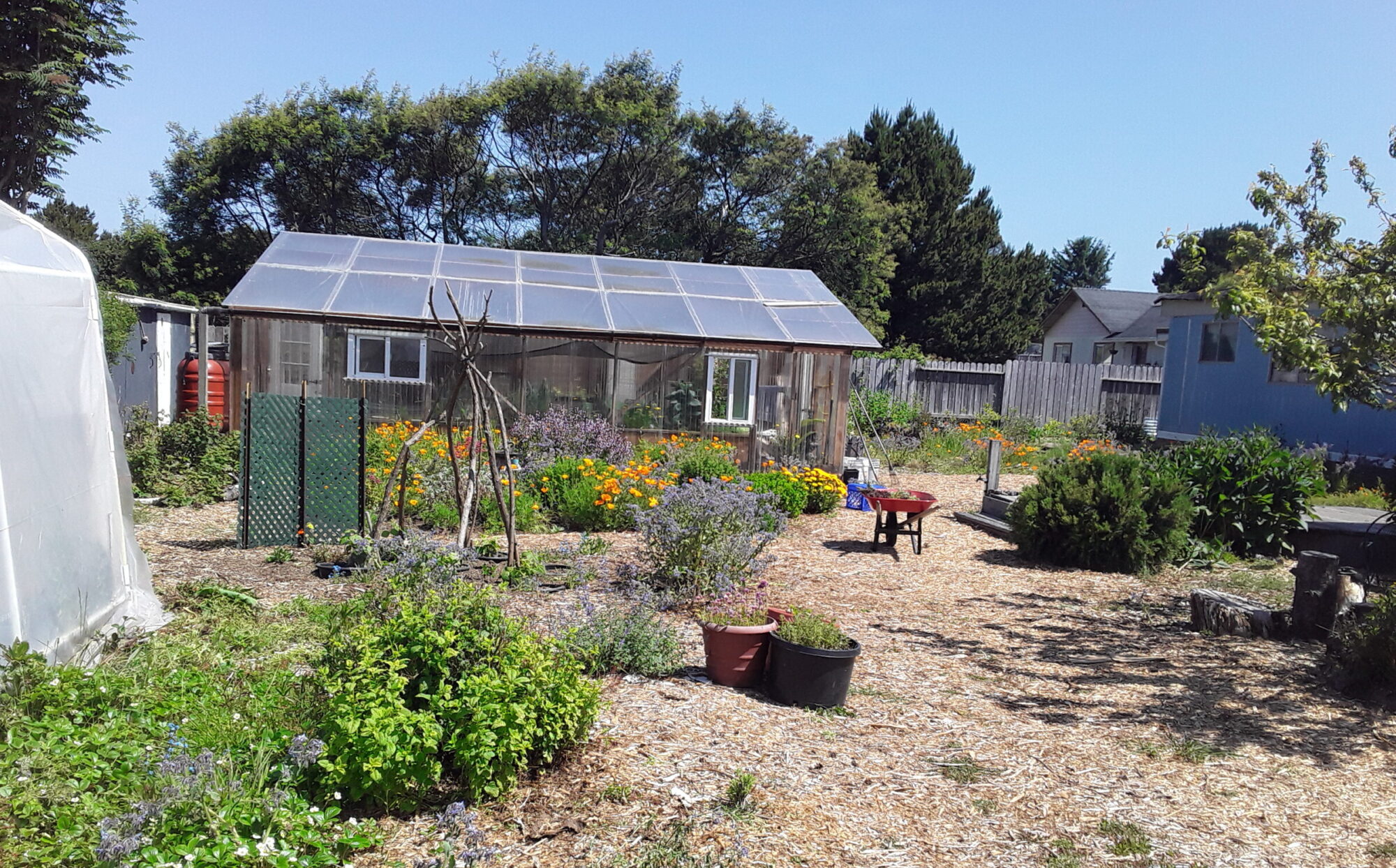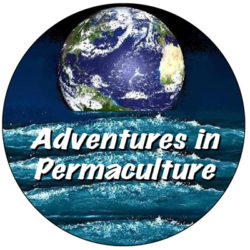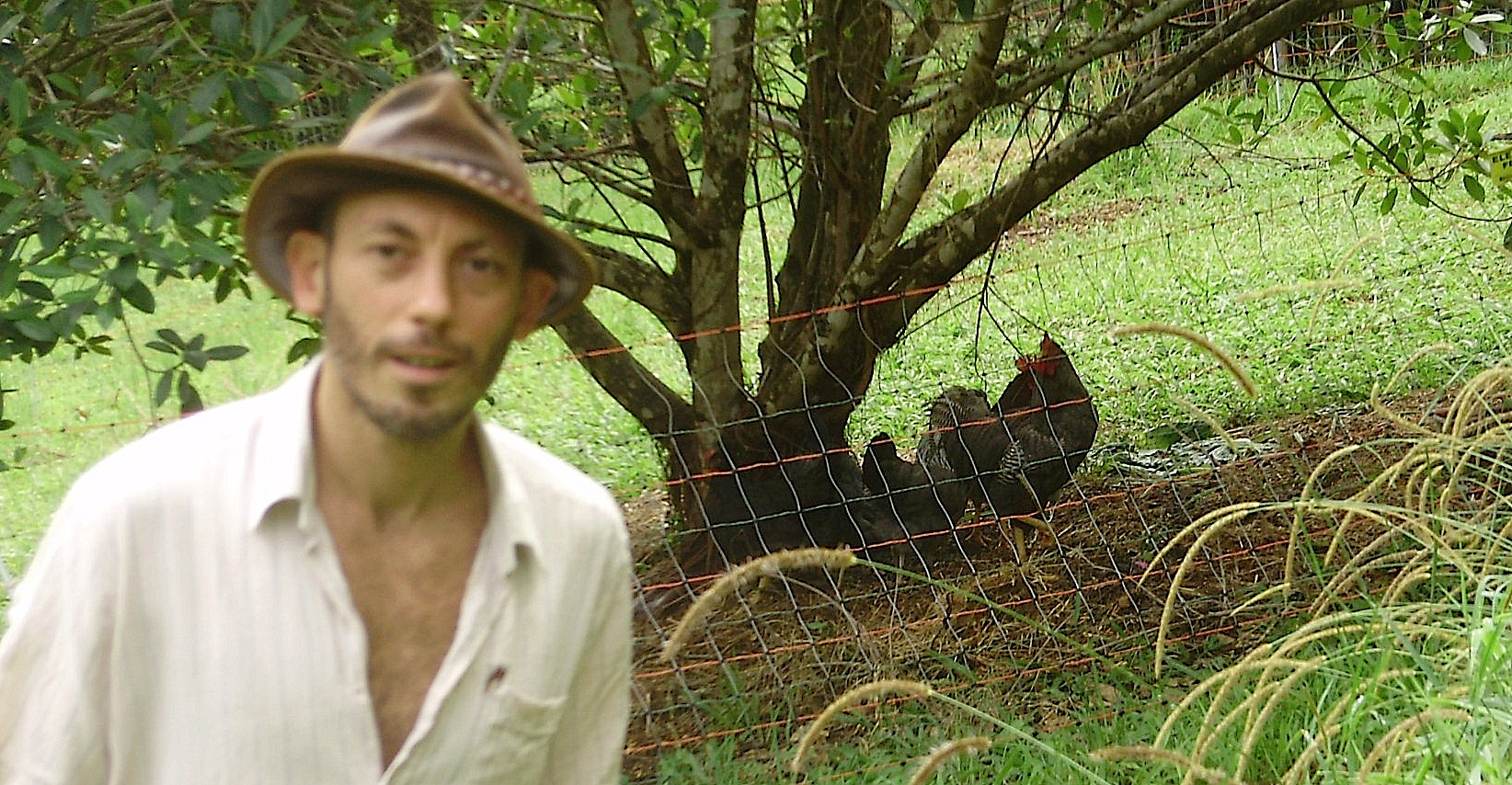
By Steven Saint Thomas
When Paul Hudson helped coach homeless men to compete in a Sydney soccer tournament, he says he was practicing permaculture. After all, Bill Mollison and David Holmgren identified three ethical pillars for a sustainable society: Care for the Earth, Care for People and Fair Share of the Surplus.
Hudson and other permaculturists would call the pursuit of the latter two ethical pillars “Social Permaculture.”
“Most people think of permaculture as growing something or producing a yield in fruit and veggies to eat,” says Hudson, who works in a health food store in Australia’s Byron Bay when he’s not developing his own bush homestead near Mullumbimby. “However, a successful permaculture system requires that people work together. Without an involved community where people know each other, a local food system cannot exist.”
Hudson says “community” includes people who are less fortunate – people who are homeless or without jobs, struggling with various disabilities, or from other cultures or countries. Care for People means integrating these people into society rather than shutting them out.
Street Soccer in his native Sydney was a good way to achieve this goal. Everyone is invited to play soccer and compete on teams. Tournaments are not only fun, but allow players to advance to regional play-offs, culminating in the annual Homeless World Cup.
One of the reasons Hudson likes the Street Soccer model is that it goes beyond charity and handouts. Homeless people are active participants and see the rewards of their labors.
“Welfare creates two classes: people who need the support financially and people well off enough to give it to them,” Hudson says. “Social Permaculture aims to help people reintegrate into society. That means you empower them. They’re all valuable parts of the community.”
Many Street Soccer players are also working themselves towards self-reliance by selling The Big Issue, a professionally produced street paper published in 10 countries, including Australia. Homeless or financially vulnerable people can buy copies of the paper wholesale at about half the cover price. They keep the markup as self-employed vendors.
Structured as a nonprofit organization, The Big Issue provides vendors with resources and counseling. It also sponsors 18 Street Soccer teams across Australia. People are not receiving charity, they’re simply Sharing the Surplus.
“Think about people who are on the edge, who wake up in the morning with no purpose for their day or prospects for the future,” Hudson says. “Suddenly they have employment or they are part of team surrounded with support. The track record is very good for participants getting off substance abuse or finding jobs or permanent housing.”
Hudson hasn’t gone to the mainstream World Cup, but he’s been able to attend two Homeless World Cup championships – one in Melbourne (2008) and one in Rio de Janeiro (2010). Team Australia didn’t win either one, but Hudson says the feeling of empowerment you get from representing your country on a world stage is unbeatable.


